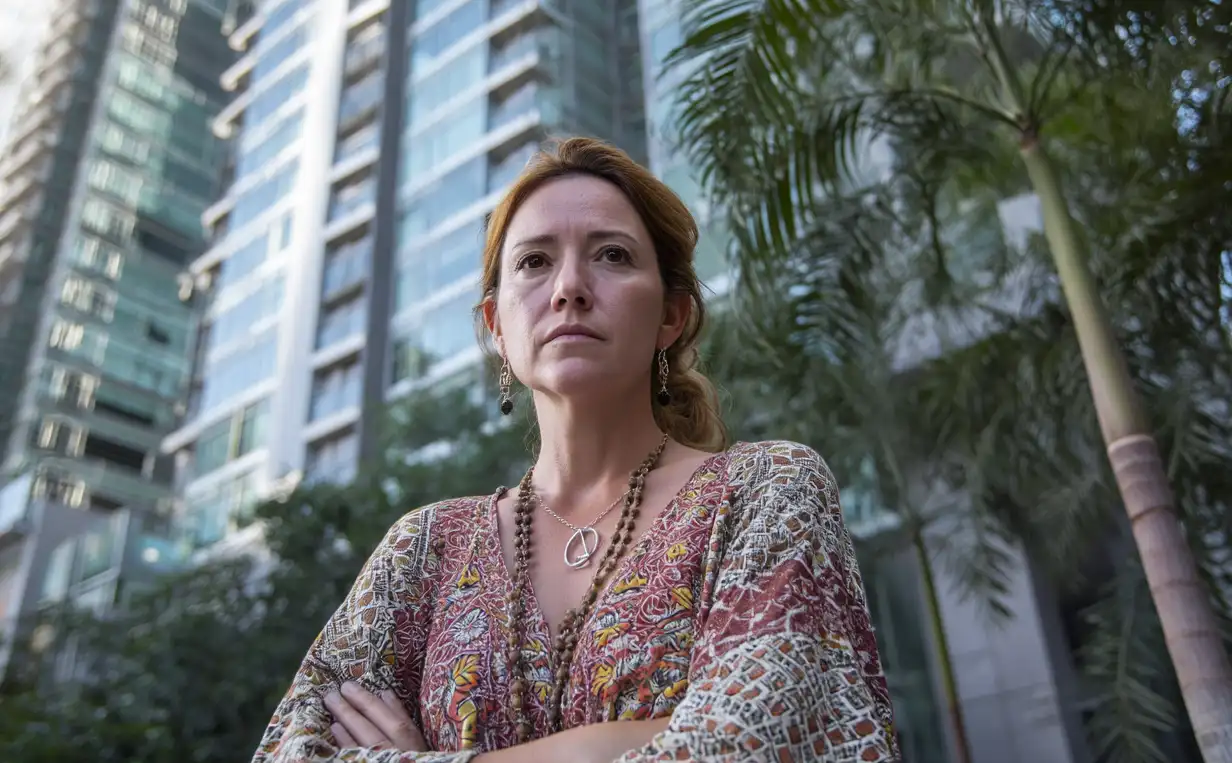
Currently, many condominium owners face a troubling situation: management is imposing fines and penalties arbitrarily, without any basis in the condominium regulations or prior approval from the Assembly.
Bill 24,640: a reform that raises more questions than answers
Instead of addressing these abuses, Bill 24,640, currently under discussion in the Legislative Assembly’s Legal Affairs Committee, could worsen the situation. This bill, which is a nearly comprehensive reform of the current Condominium Property Regulatory Law, introduces provisions that would allow administrations to act with even greater discretion, without the need for the support, or even the knowledge, of the Assembly, or to comply with established procedures.
Among the most questioned points of Bill 24,640 are:
These amendments, if approved, would significantly reduce the condominium owners’ ability to exercise oversight, control, and effective participation in common affairs. In practice, this would consolidate a vertical management model, with fewer controls and greater power concentrated in the hands of the administrator.
The impact on communities and condominium life.
Uncontrolled management can negatively affect coexistence, generate internal conflicts, and increase the risk of mismanagement of resources. Condominium owners would not only be more exposed to arbitrary sanctions, but also to legal and financial decisions that could compromise common assets without their knowledge or consent.
Bill 24,640 reverses the principle that the administration should be at the service of the condominium owners and consolidates a model in which the condominium owners are subordinated to the arbitrary decisions of the administration. This could translate into the use of common resources without effective control, decision-making without the knowledge or consent of the owners, and a growing disconnect between the interests of the administration and the owners. In practice, this can lead to decisions that do not represent what the condominium owners want, and even go against their interests.
Far from correcting these practices, Bill 24,640 tends to legalize and reinforce them, granting even more power to the administration and weakening the mechanisms of participation and control by the owners within the condominium.
The discussion of Bill 24,640 represents a key opportunity to review and correct the current imbalances, but it must be done with full awareness of its implications. Any legislative reform must prioritize the balance between management efficiency and respect for the rights of all condominium owners.

